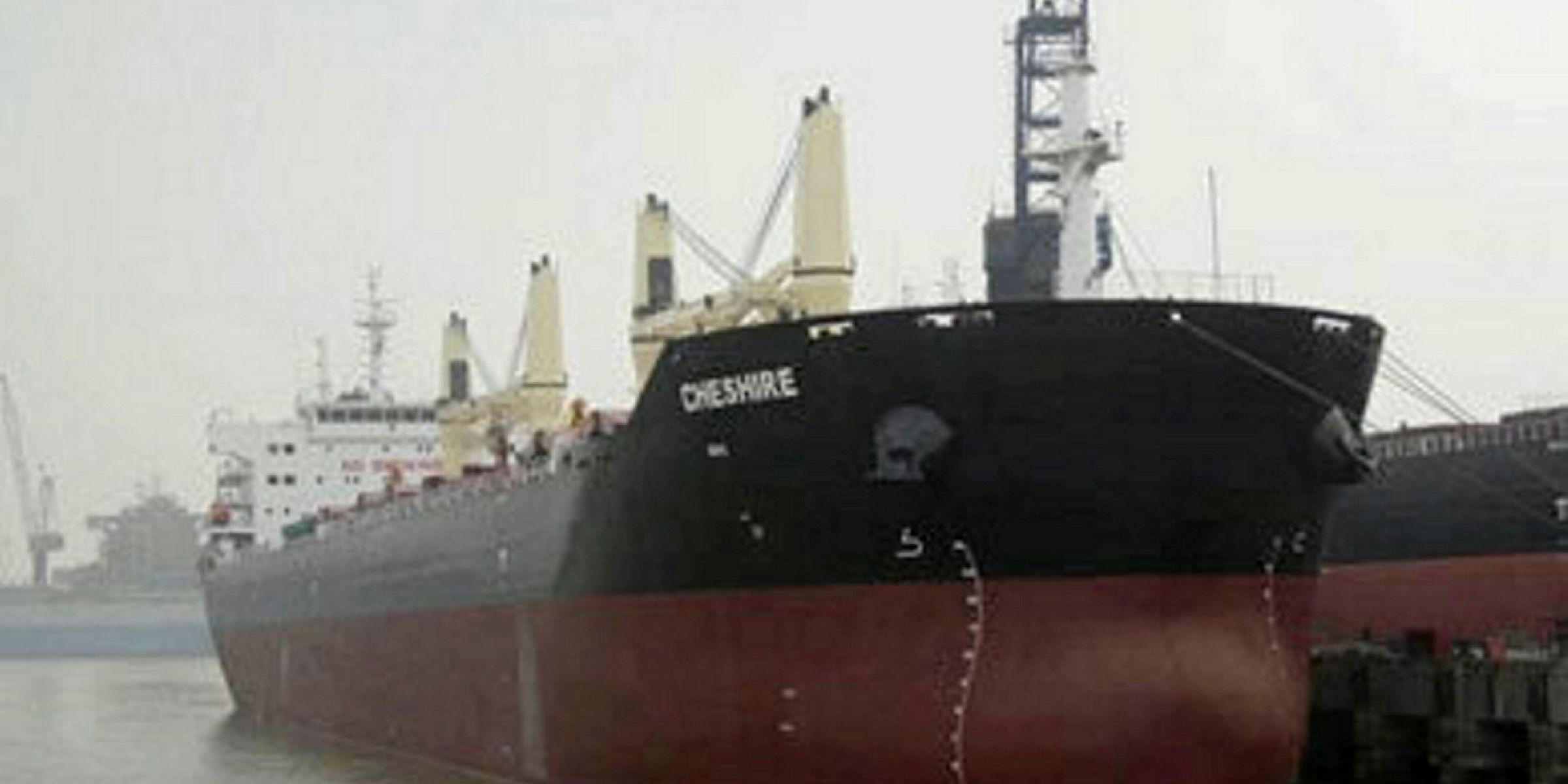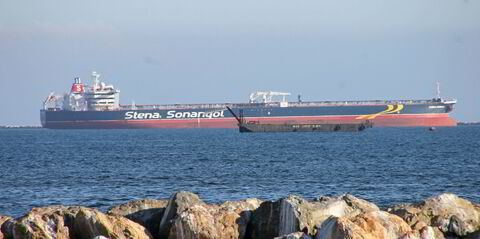A cargo fire onboard the 56,000-dwt Cheshire (built 2012) has topped off a busy couple of months for bulker casualties that provided some Lloyd's Open Form (LOF) emergency contract work for salvors in the usually quiet northern hemisphere summer months.
The Bibby Line-controlled Cheshire suffered a fire in two of its cargo holds that damaged hatch covers, off the Canary Islands. US salvage company Resolve Marine Group went to the ship's rescue after being awarded an LOF contract. The bulker was successfully evacuated before being towed to safety at an anchorage off Gran Canaria.
The Cheshire was carrying a cargo of ammonium nitrate fertiliser, which is known to combust at high temperatures and is listed as a hazardous cargo.
July and August saw another five bulker casualties, all linked to mechanical breakdown, that required emergency response salvage services.
The rate of casualties will add to industry concerns over whether the continued downturn in dry bulk is affecting vessel maintenance.
Earlier this month, Tsavliris Salvage was called to rescue the 51,235-dwt bulker Triumph (built 2004) after it was immobilised by engine problems. The ship was in the Pacific some 1,000 nautical miles west of the Mexico coast, fully laden with bauxite, when it lost power.
Tsavliris also went to assist the 76,602-dwt Navios Orbiter (built 2004) that was hit by mechanical failure in the North Atlantic. The bulker, fully laden with soya beans, was towed to Lisbon under an LOF contract.
In July, the 75,796-dwt Iris II (built 2004) suffered engine breakdown 140 nautical miles west of Reunion Island in the Indian Ocean. Greece’s Five Oceans Salvage towed the vessel to Mauritius under an LOF contract. The same month, Five Oceans was also awarded an LOF contract to tow the 45,712-dwt Ptolemeos (built 1995), which had been hit by engine failure in the Bay of Bengal. The ship was fully laden with cement.



